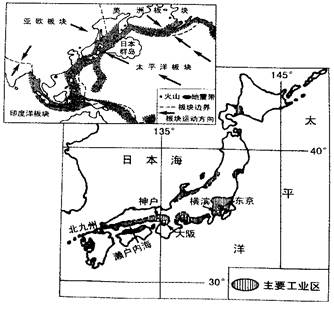This year’s Sumantra Ghoshal Conference, held at London Business School, debated whether strategy research has become irrelevant to the practice of management. The late Mr Ghoshal published a paper in 2005 scolding business schools for pouring "bad theory" on their students. That same year Warren Bennis and James O’Toole, both at the University of Southern California, published an article in the Harvard Business Review criticising MBA programmes for paying too much attention to "scientific" research and not enough to what current and future managers actually needed. Business schools, they argued, would be better off acting more like their professional counterparts, such as medical or law schools, nurturing skilled practitioners as well as frequent publishers.
However, business school professors have a tendency not to change. Since universities take journal rankings into account when awarding tenure, academics are rewarded more when they publish in research journals. (Popular media rankings of MBA programmes, although not The Economist’s, also take research output into account.)
In 2008 the Association to Advance Collegiate Schools of Business (AACSB) took up the debate, publishing a report on making business research more useful. It suggested that tenure committees become more flexible. A scholar dedicated to popularising management ideas, for example, should be evaluated on book sales and attention from the news media, not on articles in research journals. This would allow faculty to reach out to wider audiences, rather than be, as Messrs Bennis and O’Toole put it, "damned as popularisers".
But that might also risk granting tenure on the basis of trendy but ultimately unhelpful ideas. In any case, some argue that the relevance of business research is understated. Jan Williams, vice chair of AACSB, argues that doing research allows faculty members to stay at the forefront of their subject, and that in turn improves their teaching. "We can’t teach students outdated material," he says.
What is more, a paper in Academy of Management Learning & Education suggests that faculty members’ research productivity and their students’ earnings after graduation may be positively linked. Certainly, the best known schools often have p research reputations to match their recognition in the wider world. So, should a student worry about a faculty’s research ability when applying to a school If business schools with better researchers produce better-paid graduates, then perhaps they should. But only up to a point: what MBA students most need is skillful teaching and help in developing their critical thinking skills first; access to frontier research comes afterwards. As Messrs Bennis and O’Toole put it: "Business professors too often forget that executive decision-makers are not fact-collectors; they are fact users and integrators.
AACSB suggested that()
A. professors should not pay heed to scientific research
B. a more reasonable evaluating system be established to judge professors
C. scholars should entertain a large audience if they want to be successful
D. a flexible evaluating way be created to put scientific research into application

